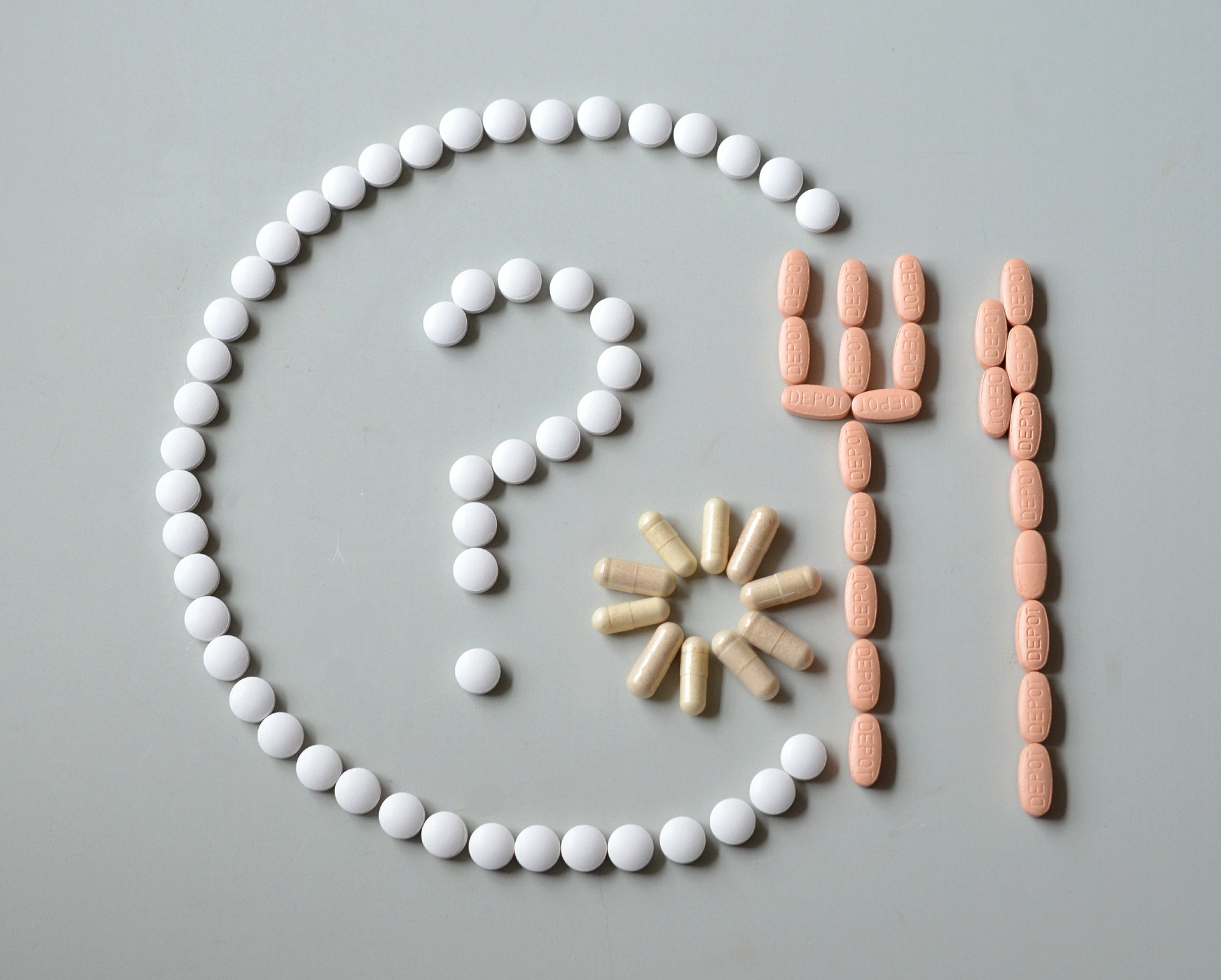 Microbiology
Microbiology
Modern stressors of gut microbes
We previously demonstrated that commonly used food additives can modify the community of micro-organisms that live in our intestine, and by doing so, boost the development of intestinal inflammation and colon cancer.

Our intestine is inhabited by a large and diverse community of microbes, collectively referred to as the gut microbiota, composed of more than a thousand different species. We (the host) and our microbiota coexist for better or worse. On one hand, maintaining a healthy relationship is good for both of us: the microbiota is our partner to fight against pathogens and helps our body to digest food. On the other hand, this friend can also turn to be our best enemy, since it may become harmful and lead to serious conditions like uncontrolled intestinal inflammation and associated diseases, such as Inflammatory Bowel Diseases (IBD), colon cancer, and metabolic abnormalities. How can such an intimate ally become our enemy? In other words, how and why do the intestinal microbiota become harmful? Our research seeks to address these fundamental questions and we now have some clues on how this relationship can turn sour.
Among the various factors that influence our microbiota, diet is recognized to play a crucial role, either beneficial or detrimental. In our laboratory, we have dedicated a lot of our research effort to the understanding of how emulsifiers can affect our gut microbiota, and subsequently, our health. Dietary emulsifiers are detergent-like molecules incorporated into most processed foods to improve texture and extend shelf life. In 2015, we found that dietary emulsifiers can have adverse effects on the microbiota population and, as a consequence, on intestinal health. In this study, we fed mice with two extensively used dietary emulsifiers, polysorbate 80 and carboxymethylcellulose (E-433 and E-466, respectively, on the ingredients list on your pack of food), at doses modeling what is often incorporated into processed foods. When mice consumed these emulsifiers, we observed changes in the bacterial species that composed their gut microbiota. These alterations of the composition occurred in a manner that made the microbiota more harmful to the host (more pro-inflammatory). Also, the mucus layer, a barrier of protection that lines the intestine wall and is normally devoid of any bacteria, became infiltrated by bacteria. This finding suggested that intestinal bacteria became more invasive when mice consumed emulsifiers, and a follow up mechanistic study demonstrated that dietary emulsifiers can directly target and alter the microbiota.
In 2017, we demonstrated that emulsifier consumption also favored the development of colon cancer by affecting intestinal bacteria. In that study, a mouse model of colorectal cancer that consumed dietary emulsifier was more susceptible to developing colonic tumors. The higher susceptibility to tumor development associated with changes in the intestinal microbiota of these mice. Importantly, the transplantation of microbiota from emulsifier-treated mice to mice normally devoid of a microbiota (germ-free mice) was sufficient to transfer some detrimental effects to the recipient mice, suggesting that the microbiota plays a central role in favoring tumor development. More specifically, we observed that alterations in the microbiota brought about by consuming emulsifiers impaired the operation of intestinal epithelial cells (the cells covering our intestine), a characteristic that is known to promote tumor development.
These findings support the concept that disturbing the normally healthy host-microbiota relationship can promote chronic diseases, such as IBD and colon carcinogenesis. While our studies focused on the adverse effects of dietary emulsifiers, this concept may apply to other modern stressors of the gut microbiota, such as artificial sweeteners, dietary polysaccharide and thickening agents. On a more optimistic note, some other dietary components, such as soluble fibers, may in contrast beneficially affect our microbiota. Our ongoing investigations seek to identify means to maintain a friendly relationship between the host and the microbiota.
Original Article:
E. Viennois, D. Merlin, A. T. Gewirtz, B. Chassaing, Dietary Emulsifier-Induced Low-Grade Inflammation Promotes Colon Carcinogenesis. Cancer Res 77, 27-40 (2017)Next read: The daily life of Neandertals by Andrew Farrer
Edited by:
Dr. Carlos Javier Rivera-Rivera , Managing Editor
We thought you might like
Collateral damage: antibiotics disrupt the balance in the gut
Jun 2, 2016 in Microbiology | 3.5 min read by Katri KorpelaCold adaptation: gut bacteria can make the difference
Sep 7, 2016 in Microbiology | 3 min read by Daniele GuidoInvisible allies for healthy juvenile growth
Oct 12, 2016 in Microbiology | 4 min read by Martin SchwarzerThe cutting EDGE: Bringing genomics to everyone
Jun 14, 2017 in Microbiology | 3.5 min read by Patrick ChainMore from Microbiology
Monoclonal antibodies that are effective against all COVID-19 -related viruses
Jan 31, 2024 in Microbiology | 3.5 min read by Wan Ni ChiaPlagued for millennia: The complex transmission and ecology of prehistoric Yersinia pestis
Jul 31, 2023 in Microbiology | 3 min read by Aida Andrades Valtueña , Gunnar U. Neumann , Alexander HerbigHow cellular transport can be explained with a flip book
Jun 5, 2023 in Microbiology | 3 min read by Christina ElsnerThe Achilles’ heel of superbugs that survive salty dry conditions
Apr 24, 2023 in Microbiology | 4 min read by Heng Keat TamNew chemistry in unusual bacteria displays drug-like activity
Mar 21, 2023 in Microbiology | 3.5 min read by Grace Dekoker , Joshua BlodgettEditor's picks
Trending now
Popular topics


